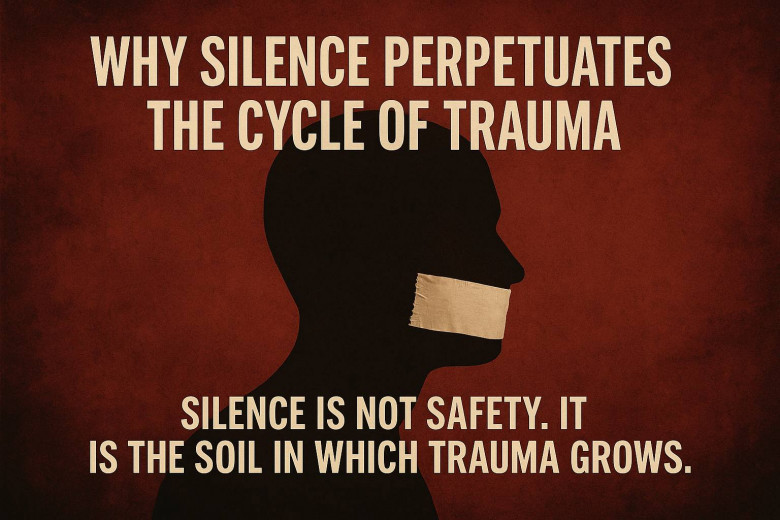views

Silence is sometimes mistaken for strength. In societies across the world, victims of trauma—whether through sexual assault, toxic work environments, suicide loss, or domestic violence—are conditioned to keep quiet. This imposed silence is cultural. A damaging stigma surrounds speaking up, one that wrongly labels survivors as weak, attention-seeking, or disloyal to their families or communities. Admitting to being sexually assaulted, for instance, evokes judgment instead of support. Similarly, naming a toxic workplace dynamic can be seen as unprofessional, rather than courageous. When a loved one dies by suicide, silence is chosen over sharing due to the shame or fear of blame. And in domestic violence situations, survivors are burdened with guilt and secrecy, worried that speaking out will make things worse—or that no one will believe them.
But silence is not safety. It is the soil in which trauma grows.
Remaining silent in toxic situations doesn’t protect anyone—it only allows abuse, pain, and injustice to fester. When victims feel forced into secrecy, they lose the chance to process their trauma, to be validated, or to heal. Worse still, silence allows perpetrators and broken systems to continue, unchallenged and unchecked.
When one person speaks out, they create space for others to do the same. That act of bravery becomes a spark that can ignite change—not just personally, but within families, workplaces, and entire communities. Speaking up creates accountability. It shifts the shame from the survivor to the perpetrator or the toxic system. It allows others to step forward, to connect, and to collectively begin the healing process.
In Rotten Fruit Is Falling Down by Erin Arvizu, the generational damage caused by silence is heartbreakingly clear. The book tells the story of a family fractured by long-hidden sexual abuse. It is only when Vinni, Erin’s courageous child, breaks the silence that others begin to come forward. That single voice reveals a devastating pattern and initiates a family-wide reckoning. Without Vinni’s bravery, the cycle might have quietly continued. But in choosing to speak, Vinni—and the family—chose healing over secrecy. Grab a copy today at Amazon so that you, too, can boldly break barriers and opens up conversations. oldly break barriers and opens up conversations,






















Comments
0 comment